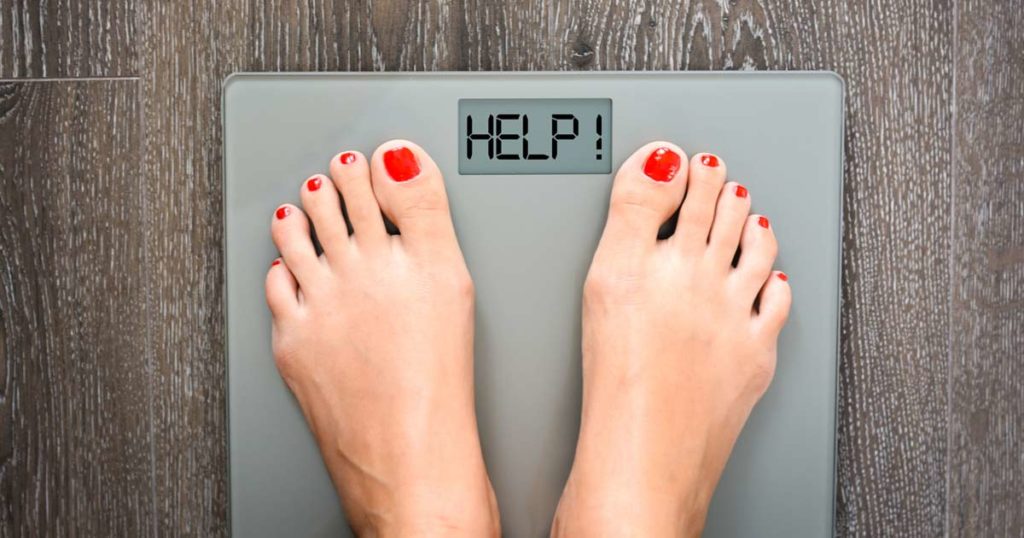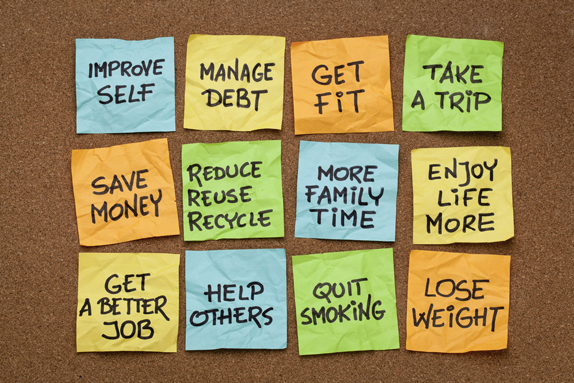Have you heard of the rumor that almost every college freshman gains an average of 15 pounds throughout their first year? Well, unfortunately, that “rumor” is true. With tempting entrées and desserts offered in unlimited portions at the dining halls, it’s hard to not gain weight, not to mention all the late night snacking while cramming for your next midterm and stress eating while desperately attempting to get all your brilliant ideas out of your head and onto your paper. Luckily, not all hope is lost. With a few tips and minor adjustments to your everyday routine, you’ll start to see those pounds melt away just as fast as they were gained.
Exercise Is Key
It may seem impossible for you to fit in some form of exercise during your busy day—you’re a busy student, for goodness sake! But not to worry, even the busiest bookworm can fit in 30 minutes of exercise a day. The trick is to break that time down into smaller intervals of exercise. For example, after an hour of studying, take a walk or turn on some fun music and dance around in your dorm room for ten minutes. Strength training is also a great way to speed up your metabolism to help you lose weight, so use your own body weight and do a few sets of push-ups and squats whenever you get the chance. Walking to class is also an inevitable way to get moving! If you find that these exercises aren’t sufficient, try taking a class at the RSF. A semester-long membership is only ten dollars for Berkeley students (worth it!), and the classes are all fun and motivating! Not only can exercise improve your cardiovascular health, but it can also help you concentrate during class: a win-win solution!
Don’t Overdo It at the Dining Hall
While the dining halls offer an unlimited amount of food per swipe, you don’t have to eat like it’s your last day alive. Take a reasonable amount of food that contains a good balance of fats, protein, and carbohydrates. A typical serving of protein is the size of a deck of cards. A serving of grain is roughly the size of your fist. Fill half you plate with vegetables because they fill you up without providing too many calories. Take your time eating. There’s no rush! Besides, it takes your brain some time before it realizes you’re full, so if you eat too quickly, you might end up overeating. Also, be sure to drink plenty of water throughout your meal. Many times you think you are hungry when you are actually just dehydrated. If dessert is your weakness, have a small bowl of frozen yogurt or a small cookie. There is no reason to deprive yourself of the foods you love as long as you keep your portions in check. Make sure you listen to your hunger signals and stop eating when you are comfortably full.
Catch Your Z’s
Most college students underestimate the necessity of sleep. Not only will getting your 7 to 9 hours a night help you focus, but it can significantly help your weight loss efforts. When your body is sleep-deprived, it attempts to get more energy from food, so you end up eating more calories throughout the day due to increased hunger.
Eat Breakfast
Eating breakfast is one of the most essential components of any weight loss program for a reason. If you have a breakfast of scrambled eggs, whole wheat toast, and a banana, you will feel more prepared for the day than you would if you skipped out. Also, without a good breakfast, your body could go into starvation mode, which can slow your metabolism and hurt your weight loss efforts. So get up and eat!
Article by Janelle Unger
Feature Image Source: The Right Step
























